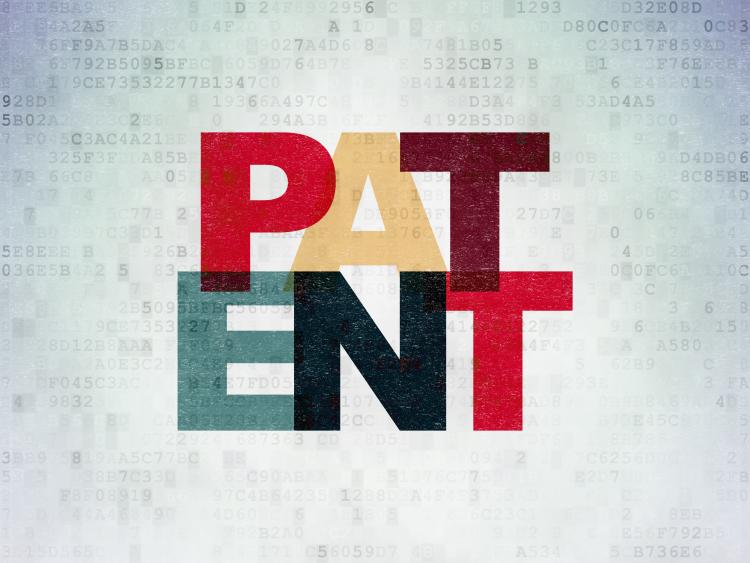
On July 5, 2022, the Legal Board of Appeal of the European Patent Office (EPO) issued its decision in case J 8/20. The Legal Board of Appeal (the Board) confirmed the decision of the Receiving Section of the EPO to refuse patent application number EP 18 275 163 on the basis that an artificial intelligence (AI) system cannot be the inventor of a patent.
In 2018, the Applicant, Dr. Stephen Thaler, filed two patent applications where he designated an AI system called “DABUS” as the inventor. Dr. Thaler argued that since he owned DABUS, he acquired the right to the invention. The Receiving Section of the EPO refused the applications in January 2020, holding that only natural persons can be named as inventors on patent applications and a machine could not transfer any rights to the Applicant.
The decision to refuse the applications was appealed. On appeal, the central question was whether Dr. Thaler could name an AI system as the inventor. Dr. Thaler also argued that a natural person derived “the right to the European Patent by virtue of being the owner and creator of” the AI system.
The Board held that under the European Patent Convention, an inventor must be a person with legal capacity. The Board also confirmed that a machine could not transfer any rights to the Applicant. As a result, the appeal was dismissed.
Several countries have recently addressed this issue. Dr. Thaler filed applications in 17 countries, including Canada. The United States, United Kingdom, and New Zealand courts have all refused to allow Dr. Thaler’s applications on the basis that an AI machine cannot be an inventor, as previously reported by the E-TIPS® Newsletter here and here. In Australia, the Federal Court initially ruled that DABUS could be listed as an inventor, however this was overturned on appeal. All of these decisions are currently under appeal. South Africa is currently the only country that has granted Dr. Thaler’s application and recognized AI as the inventor, as previously reported by the E-TIPS® Newsletter here. The Canadian Intellectual Property Office has yet to weigh in on this issue.
Summary By: Victoria Di Felice
E-TIPS® ISSUE
Disclaimer: This Newsletter is intended to provide readers with general information on legal developments in the areas of e-commerce, information technology and intellectual property. It is not intended to be a complete statement of the law, nor is it intended to provide legal advice. No person should act or rely upon the information contained in this newsletter without seeking legal advice.
E-TIPS is a registered trade-mark of Deeth Williams Wall LLP.
